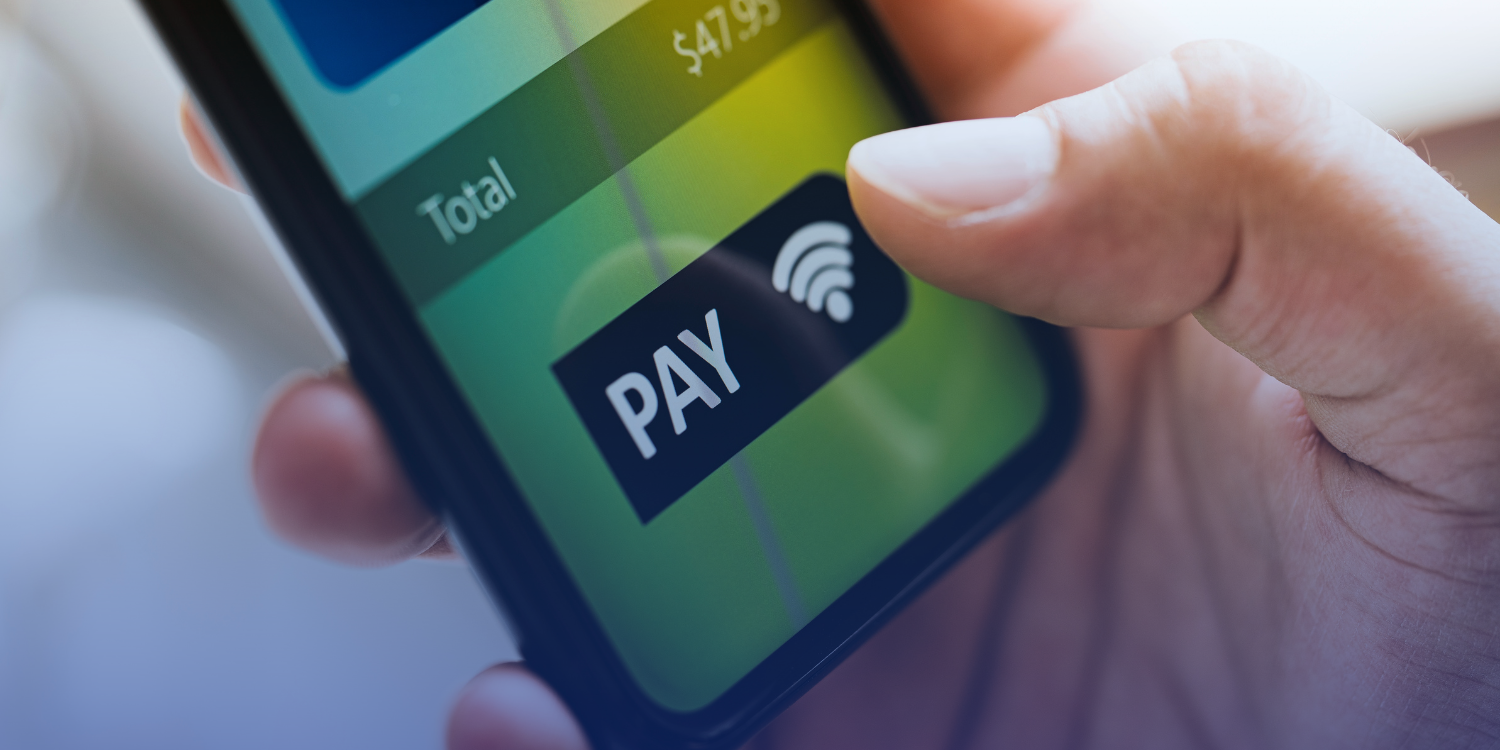In today’s fast-paced digital economy, the way we handle financial transactions is rapidly evolving. Mobile payments have emerged as a game-changer, fundamentally transforming the landscape of e-commerce and financial services. As a leading payment gateway provider, Macropay is at the forefront of this revolution. This #MacropayReview explores the rise of mobile payments, the crucial role of payment gateways in facilitating these transactions, and the future of mobile commerce.

The Rise of Mobile Payments
The global adoption of mobile payments has been nothing short of phenomenal. With billions of smartphone users worldwide, the accessibility and convenience of mobile payment options have driven their popularity. Several key factors have contributed to this surge:
Smartphone Ubiquity: The proliferation of smartphones has made mobile payments accessible to a vast audience. With a smartphone in nearly every pocket, the potential for mobile transactions is immense.
Improved Connectivity: Advances in high-speed internet and the rollout of 5G technology have ensured that mobile transactions are swift and reliable.
Demand for Convenience: Consumers today prioritize convenience. Mobile payments allow users to make purchases almost anytime, anywhere, without the need for cash or cards.
Enhanced Security: Technological innovations such as biometric authentication (fingerprint and facial recognition) and tokenization have bolstered the security of mobile transactions, increasing user trust.
The Role of Payment Gateways in Facilitating Mobile Transactions
At the heart of the mobile payment ecosystem are payment gateways, which ensure that transactions are processed securely and efficiently. Macropay plays a pivotal role in this ecosystem by providing robust solutions that facilitate seamless transactions. Here’s how payment gateways like Macropay contribute:
Seamless Integration: Payment gateways integrate seamlessly, enabling users to make purchases with just a few taps. This integration is critical for delivering a smooth and intuitive user experience.
Support for Multiple Payment Methods: Modern payment gateways support a variety of payment options, including credit/debit cards, alternative payments, digital wallets, and even cryptocurrencies. This flexibility caters to diverse consumer preferences.
Security and Fraud Prevention: Advanced security measures, including encryption, tokenization, and real-time fraud detection, are employed by payment gateways to protect sensitive information. These features offer confidence to users, encouraging the adoption of mobile payments.
Real-Time Processing: The ability to process transactions in real-time is a significant advantage. Instant processing ensures that payments are completed quickly, enhancing the overall customer experience.
Data Analytics and Insights: Payment gateways provide businesses with valuable data and insights into consumer behavior. These analytics help businesses tailor their offerings and marketing strategies to better meet the needs of their mobile-savvy customers.

The Future of Mobile Commerce
The future of mobile commerce is incredibly promising, with several trends poised to drive further growth and innovation.
Expansion of Digital Wallets: Digital wallets are set to become even more popular, offering a convenient, secure, and quick way to pay. Integration with loyalty programs and personalized offers will further enhance their appeal.
AI and Machine Learning: AI-driven insights will enable more personalized shopping experiences, tailored to individual customer preferences and behaviors. Machine learning algorithms will also improve fraud detection and prevention.
Voice-Activated Payments: As voice recognition technology improves, voice-activated payments are expected to become more prevalent. This innovation will add another layer of convenience for users, allowing them to make purchases using voice commands.
Augmented Reality (AR) and Virtual Reality (VR): AR and VR technologies will transform the mobile shopping experience, allowing customers to visualize products in their own space before making a purchase.
Smartphones in Fintech Transactions: Pros and Cons
The dominance of smartphones in fintech transactions signifies a new era in the world of payments. Mobile payments offer unparalleled convenience and flexibility, making them a cornerstone of modern commerce. However, like any technological advancement, the dominance of smartphones in fintech transactions comes with its own set of pros and cons.
Pros
Convenience and Accessibility
Smartphones allow users to access financial services anytime and anywhere, making it easier to manage finances on the go. Plus, a transaction can be completed with just a few taps, streamlining the purchase process and reducing the need for cash or physical cards.
Biometric Authentication
Features like fingerprint scanning and facial recognition add an extra layer of security, ensuring that only authorized users can complete transactions.
Real-Time Notifications and Alerts
Users receive real-time notifications of transactions, helping them stay informed and quickly detect any unauthorized activity. Besides, many mobile apps provide analytics and insights into spending habits, aiding in better financial management.
Cons
Security Concerns
Despite advanced security measures, smartphones can still be vulnerable to phishing attacks and malware, potentially compromising sensitive information. If a smartphone is lost or stolen, there is a risk that unauthorized individuals could gain access to financial apps and information.
Network Reliability
Mobile transactions require a stable internet connection. In areas with poor connectivity, completing transactions can be difficult or impossible. In some regions the cost of mobile data can be a barrier to using smartphone-based financial services.
Privacy Concerns
Mobile financial apps often collect a significant amount of personal data, raising concerns about privacy and how this data is used and stored. Some apps may share data with third parties, which could lead to privacy breaches if not properly managed.

Macropay Review in Conclusion
For businesses, staying ahead of technology and leveraging the power of mobile payments is not just about staying relevant – it’s about leading the charge in a rapidly evolving digital economy safely and efficient. By adopting advanced payment solutions like those offered by Macropay, businesses can provide superior customer experiences, drive growth, and secure their place in the future of commerce.
In this Macropay Review, we have highlighted how the strategic implementation of mobile payments can position businesses at the forefront of digital innovation, ensuring long-term success and customer satisfaction.
Get in touch with our payment experts for more personalised insights.